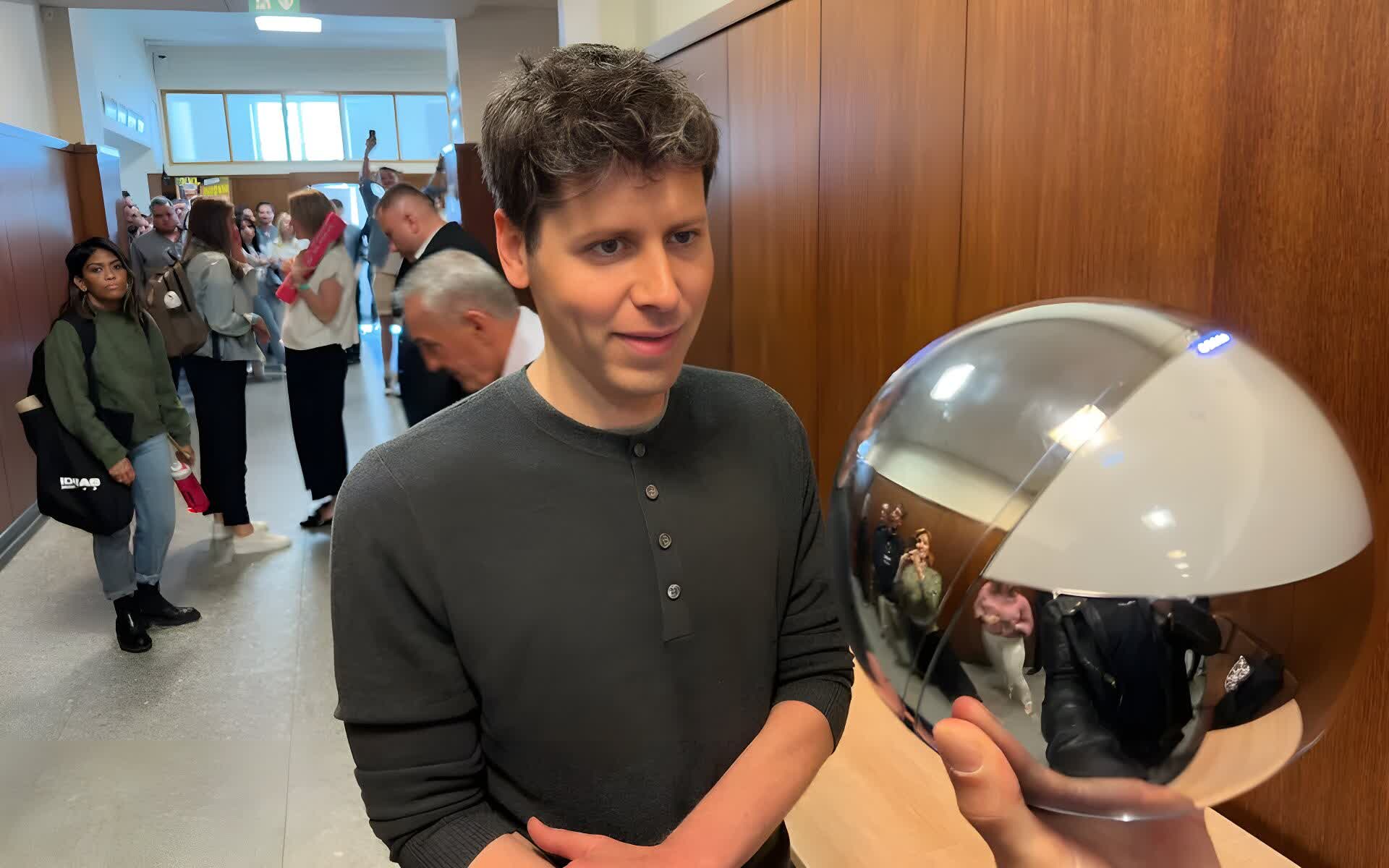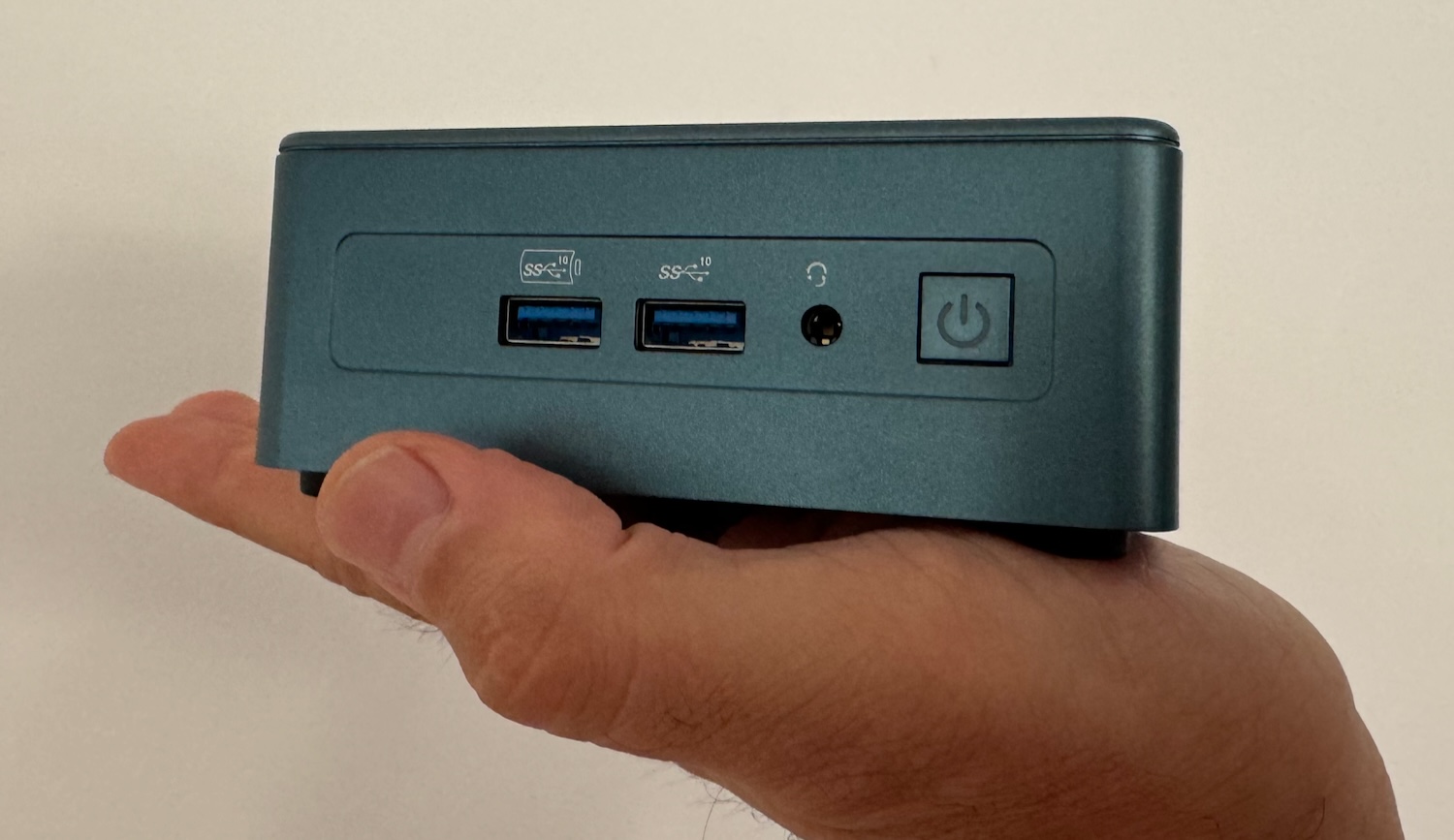A hot potato: It’s somewhat concerning that Sam Altman, the CEO of ChatGPT-maker OpenAI, is so concerned about the impact of artificial intelligence on the global jobs market that he’s long campaigned for a universal basic income (UBI). But Altman now believes that UBI could be supplanted by what he calls universal basic compute.
Altman said that in 2016, he started realizing the effects that advanced AI could have on society, especially jobs, and conducted an experiment showing that UBI could negate some of these issues.
That program gave between $50 and $1,000 a month to more than 3,000 enrollees. Altman told the All-In podcast that the positive results would be released soon.
While Altman still believes in the benefits of UBI, he posited that a universal income program in the future could look very different from handing people money.
“2016 was a very long time ago,” he told the podcast. “I wonder if the future looks something more like universal basic compute than universal basic income and everybody gets a slice of GPT-7’s compute and they can use it, they can resell it, they can donate it to somebody to use for cancer research.”
Altman never went into further detail about his universal basic compute idea, but it’s hard to imagine that many people will welcome it, particularly if it’s an alternative to receiving monthly cash payments.
Altman still offered support for traditional UBI programs, though he’s not convinced that governments are doing a good job of implementing them.
“I’m not a super fan of how the government has handled most policies designed to help poor people, and I kind of believe that if you could just give people money, they would make good decisions, and the market would do its thing,” he said.
Altman has long admitted that there could come a time when AI poses a range of threats to humanity, from mass job displacement, which we’re already seeing, to extinction-level events. He said that a solution could come in the form of an international agency that oversees the most powerful systems – i.e., the potentially world-ending/changing ones – and ensures reasonable safety testing.

Another one of Altman’s projects that is designed, at least partially, to offset the impact of generative/advanced AI is Worldcoin.
The Worldcoin crypto network features an iris-scanning identification system that uses Orbs to give people access to a digital currency. The company is giving $50 in crypto to everyone who signs up, which has made it especially popular in locations experiencing economic turmoil, such as Argentina.
The privacy concerns of Worldcoin have led to it being temporarily banned in Spain, France, and Portugal, while Kenya told it to stop operations. The company is also being investigated in nations where the Orbs are still found. It’s likely that a universal basic compute scheme would face similar scrutiny, especially with OpenAI being the one controlling it.










